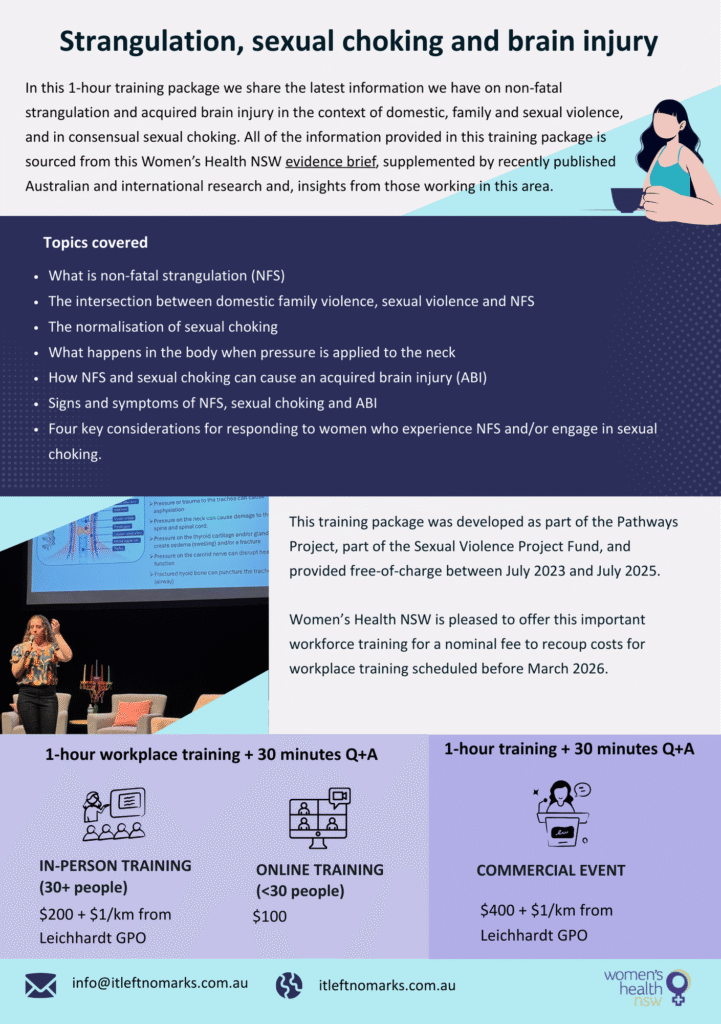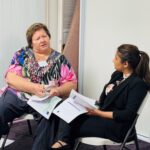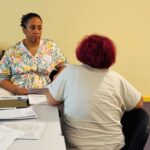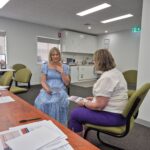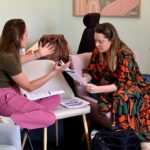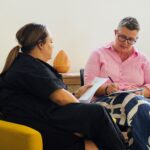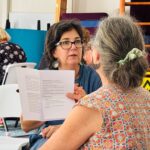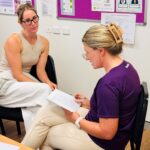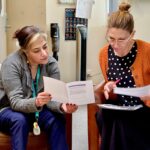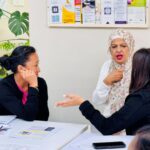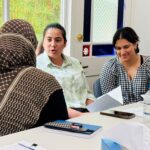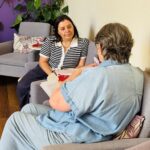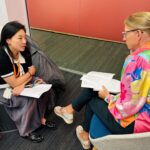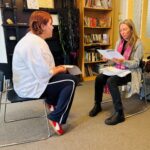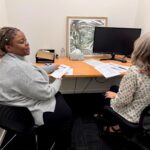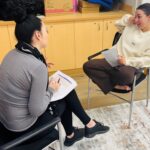About It Left No Marks
Around half of women who experience strangulation, also known as choking, will have no external signs that the event (strangulation) occurred. This can make it us miss both physical and psychological injuries from this potentially life-threatening event. A lack of marks can make women doubt the strangulation was serious enough to require medical attention. Without marks, women may fear not being believed, which, along with shame and stigma, can impact their ability to disclose strangulation to people who can assist. Without disclosure, a lack of visible marks also makes strangulation easy to miss for responders and other service providers. For those who engage in sexual choking with consent, the lack of visible marks can provide a false sense of confidence that no injury has occurred, even when there may be internal injuries. We chose the name It Left No Marks for this online learning hub to remind us of all these things.
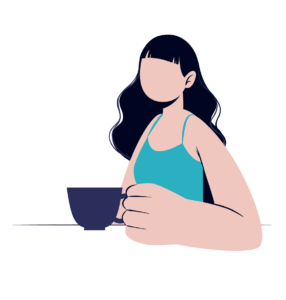
About the Pathways Project
The It Left No Marks online learning hub was created as part of a project called “Local pathways for victim survivors of sexual assault related non-fatal strangulation and acquired brain injury” (the Pathways Project). The Pathways Project, which ran between 2023 and 2025, was established after Women’s Health NSW identified a need to support and strengthen professional understanding and local capacity to respond to sexual assault-related non-fatal strangulation and acquired brain injury. By building awareness of the risks of non-fatal strangulation and sexual choking, and through the development of robust, multidisciplinary referral pathways across the state, the Pathways Project supported women to seek help and make informed choices about their health and wellbeing. The Pathways Project was one of 14 projects in the NSW Sexual Violence Project Fund, administered by the NSW Department of Communities and Justice and jointly funded by the NSW and Australian Governments.
While the Pathways Project officially concluded in July 2025 we are able to still offer training until March 2026 for a small fee (see flyer for more details).
About Women’s Health NSW
Women’s Health NSW is the peak body for 21 non-government community-based women’s health centres and special purpose services operating in New South Wales. We are proactive on priority issues relevant to women’s health, advocating for improved health outcomes that allow women and girls to reach their full potential. Service delivery is most effective when it is culturally safe, trauma-informed, person-centred, sustainable, and tailored to the local area. Our network works in a way that prioritises safety, trustworthiness, choice, collaboration, and empowerment. We are places where women know they can get help and support and talk to someone they can trust.
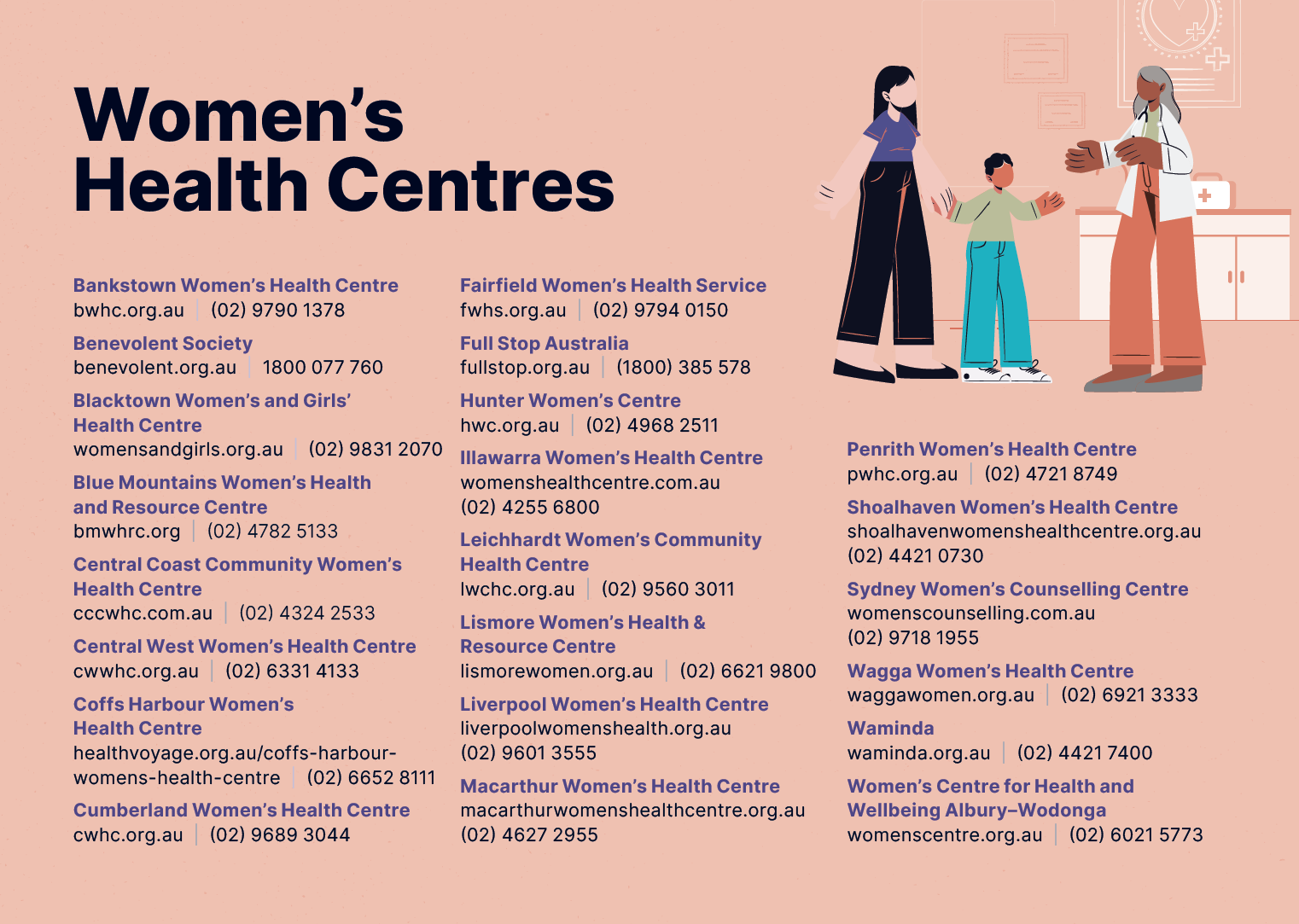
The Pathways Project team trained staff at each of these women’s health centres to support women with the impacts of strangulation, and to deliver evidence-based health promotion related to sexual choking. If you’re a woman in NSW and you’d like to discuss strangulation or sexual choking, give your closest women’s health centre a call.
WHNSW NSW Australia
PO Box 341, Leichhardt NSW 2040
